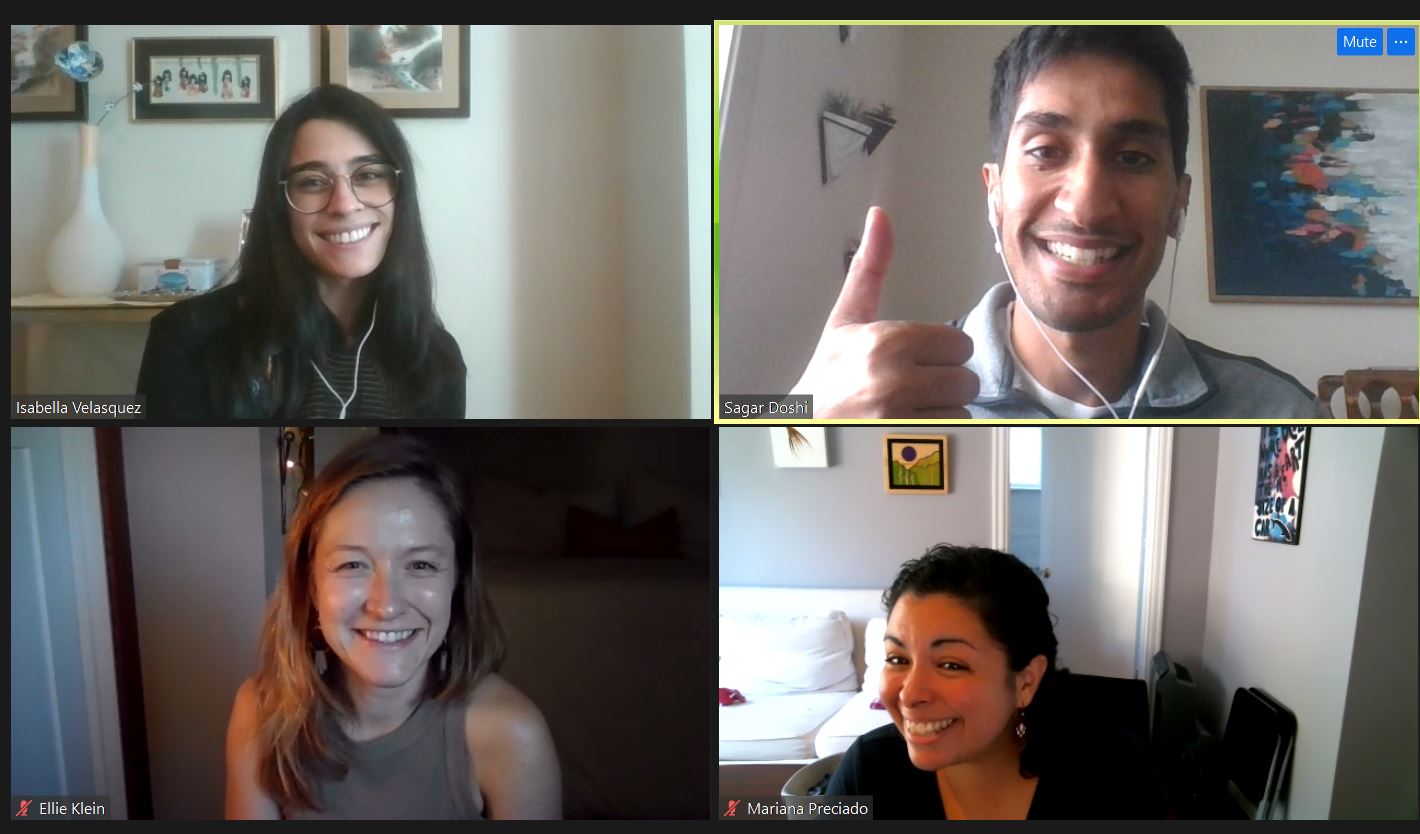Impact Investing – Haas Style

By Chad Reed, MBA ’15
A few weeks ago, Berkeley-Haas MBA ’15 students Zach Knight and Chad Reed placed 2nd at the finals for the Morgan Stanley Sustainable Investing Challenge. In this post, Chad shares their experience and innovative idea.
The Morgan Stanley Sustainable Investing Challenge is a pitch competition for graduate students to develop and present institutional-quality investment vehicles that seek environmental and/or social impact and competitive financial returns. More than 220 MBA students from 39 institutions across the globe submitted applications, and just ten teams were selected to present at Morgan Stanley headquarters in NYC.
Our idea was an investment vehicle to help small fishermen invest in sustainable and efficient fishing processes and equipment, build market power, and access increasingly lucrative sustainable seafood markets.
While we had been batting potential ideas around for months, we settled on our idea after learning of Bloomberg Philanthropies’ massive $53 million initiative to end unsustainable fishing practices and the plight of sole proprietor fishermen who are too often left out of sustainable fishery solutions.
We believed we could leverage the economic incentives of small fisherman to support and sustain environmentally friendly fishery practices and rights-based management schemes (like catch shares), creating a win-win-win-win situation. Investors could receive a competitive return and achieve social and environmental impact mandates; small fishermen could save their jobs and increase their income; environmental organizations could augment political support for their sustainable fishery initiatives; finally, the entire world could benefit from the increased economic activity and climate change mitigation that sustainable fishing practices foster.
In developing our proposal, we spoke with a number of players active in this space, including impact investors, foundations, and environmental NGOs, to determine where the gaps in the ecosystem lie and how we could fill them. Drawing on one of the core lessons we’ve learned at Haas – “feedback is a gift” – we also leveraged feedback from Haas students and faculty that proved crucial to our successful pitch.
As Zach said shortly after the competition, “Pitching a new and creative financial instrument, as exciting as that can be for us finance nerds, really needs a humanizing story to connect with a larger audience. By focusing on an individual who will both benefit from our work as well as provide returns to our investors, storytelling became a crucial element of our success as we were the only team to employ this strategy.”
All in all, we saw great speakers, met interesting contestants, and got excellent presentation experience, but the most memorable part of the competition was seeing a room full of more than 200 people at a major Wall Street bank brought together by an interest in impact investing. We were very excited to see that our passion for the impact investing space – a key reason we both choose to come to Haas – was shared by so many.


